Industry information
Company News
- New fashion favorite of aluminum plate: Exploring perforated aluminum veneer
- Fluorocarbon aluminum veneer: the new darling of architectural beauty
- Aluminum veneer customization, creating a new trend of personalized space
- Unveiling Fluorocarbon Aluminum Veneer: Not Just an Upgraded Version of Aluminum Plate!
- The Beauty of "Holes" in Aluminum Veneer: The Unique Charm of Punched Aluminum Veneer
Industry dynamics
- Great Wall 2.5mm aluminum veneer creates high-quality building appearance effect
- Natural and environmentally friendly fluorocarbon perforated aluminum veneer
- What are the production processes of aluminum veneer?
- Production process and equipment selection of aluminum veneer
- What are the advantages and disadvantages of aluminum veneer compared to gypsum board exterior walls?
Frequently asked questions
- How to improve the fire resistance of aluminum veneer?
- How to determine the quantity and size of customized aluminum veneer?
- How to use and maintain aluminum veneer reasonably?
- How to use aluminum veneer for innovative design?
- How to design customized aluminum veneer?
contact us
Mobile:+86 15627778610
Email: 2201229786
Address: No. 5 Binjiang Road, High tech Zone, Zhaoqing City, Guangdong Province
What are the advantages and disadvantages of aluminum veneer compared to gypsum board exterior walls?
- Author: Lesilong Technology (Guangdong) Co., Ltd
- Release time: March 3, 2025 09:45:31
- Click:0
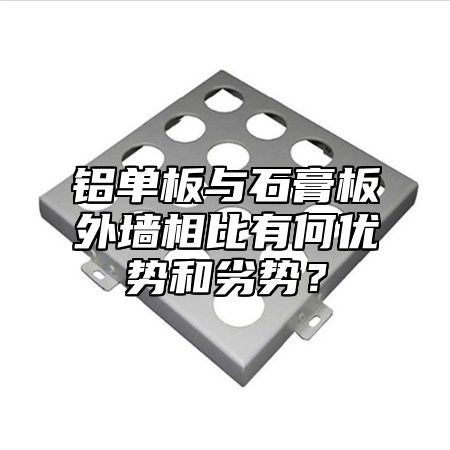
Aluminum veneerGypsum board is currently one of the two commonly used materials for exterior wall decoration in buildings. They each have their own advantages and disadvantages. Let's take a detailed look at the advantages and disadvantages of aluminum veneer compared to gypsum board exterior walls.
1、 The advantages of aluminum veneer
1. Lightweight: Aluminum veneer is relatively lightweight, which can reduce the weight of buildings and lower their energy consumption.
2. Corrosion resistance: Aluminum veneer has good corrosion resistance, which can effectively prevent corrosion and oxidation, and extend the service life of buildings.
3. Good thermal insulation performance: Aluminum veneer has good thermal insulation performance, which can effectively prevent heat transfer and improve the insulation performance of buildings.
4. Strong plasticity: Aluminum veneer can be processed through cutting, carving, and other methods to form various shapes and patterns, thus meeting different architectural design needs.
5. Easy to clean and maintain: The surface of aluminum veneer is flat and smooth, easy to clean and maintain, which can keep the building clean and beautiful.
2、 The disadvantages of aluminum veneer
1. The decorative effect is not as good as gypsum board: Compared to gypsum board, the decorative effect of aluminum veneer is slightly inferior, making it difficult to create a luxurious and noble atmosphere.
2. Relatively poor fire resistance: The fire resistance of aluminum veneer is relatively weak, and fire prevention measures need to be strengthened to ensure the safety of buildings.
3、 Advantages of gypsum board
1. Good decorative effect: Gypsum board has a good decorative effect and can create a luxurious and noble atmosphere.
2. Strong durability: Gypsum board has strong durability and can be used for a long time in harsh environments.
3. Strong fire resistance: Gypsum board has strong fire resistance and can effectively protect the safety of buildings.
4、 Disadvantages of gypsum board
1. Heavy weight: Compared to lightweight materials such as aluminum veneer, gypsum board is heavier and can increase the weight of the building.
2. Long construction period: The construction period of gypsum board is relatively long, requiring a long time for installation and drying treatment.
5、 Comparison between Aluminum Veneer and Gypsum Board Exterior Walls
Overall, aluminum veneer and gypsum board each have their own advantages and disadvantages. If you pay attention to decorative effects and fire resistance, you can choose gypsum board; If you pay attention to lightweight, corrosion resistance, and thermal insulation performance, you can choose aluminum veneer. Of course, in practical applications, the choice also needs to be made based on specific circumstances. For example, in some medical buildings, gypsum board is more suitable due to its high requirements for antibacterial and anti mold properties. In commercial buildings, more attention is paid to factors such as appearance and economy, so the use of aluminum veneer is more common.

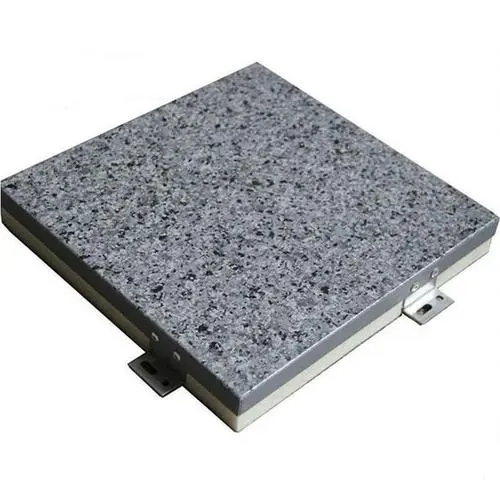
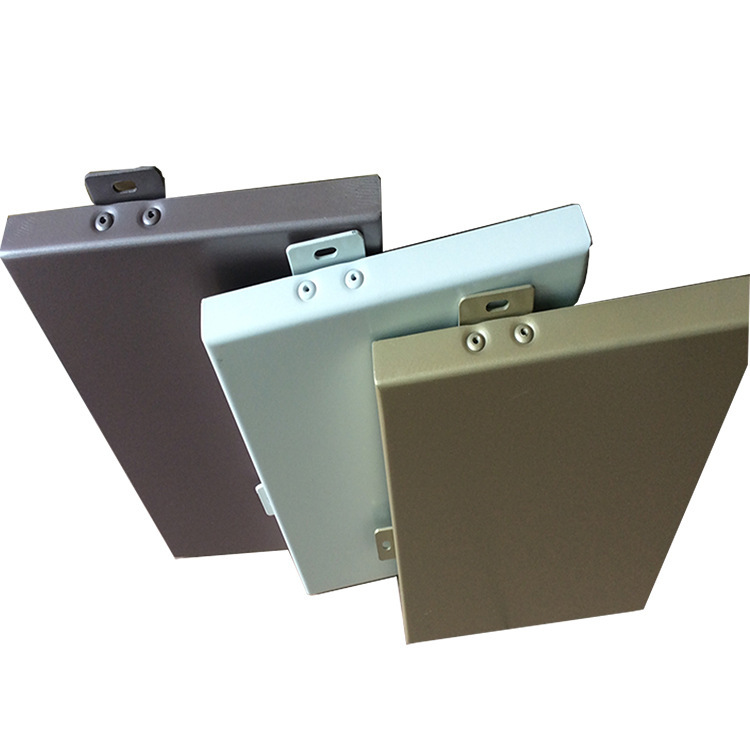
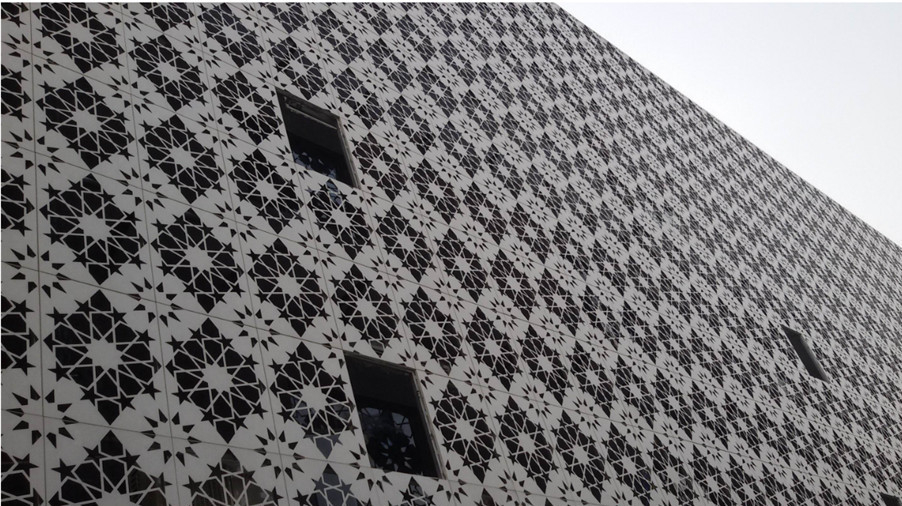
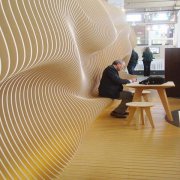
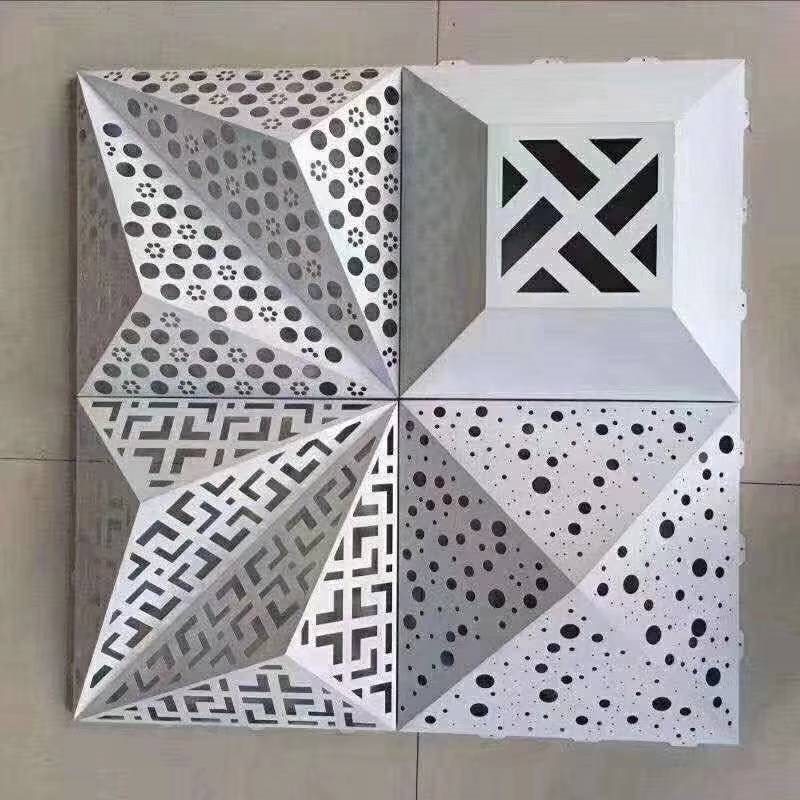
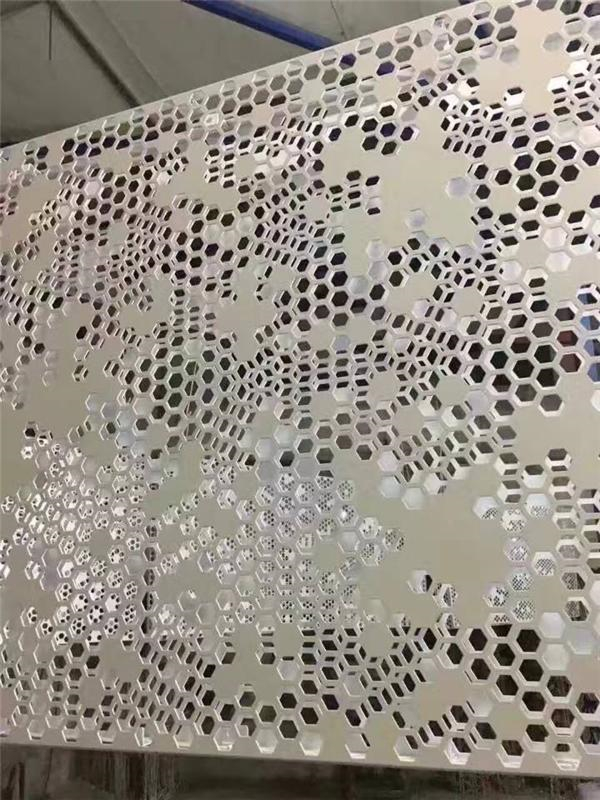
 Customer service QQ
Customer service QQ